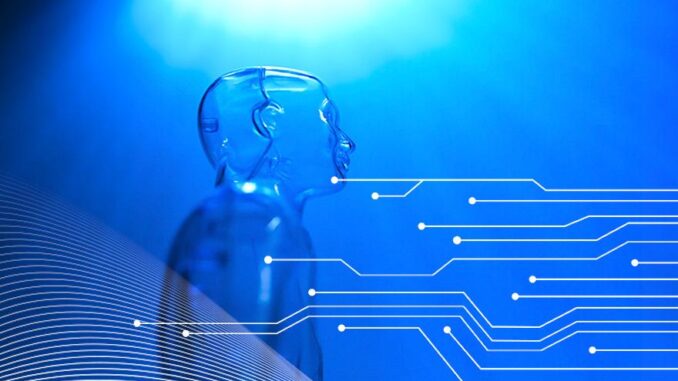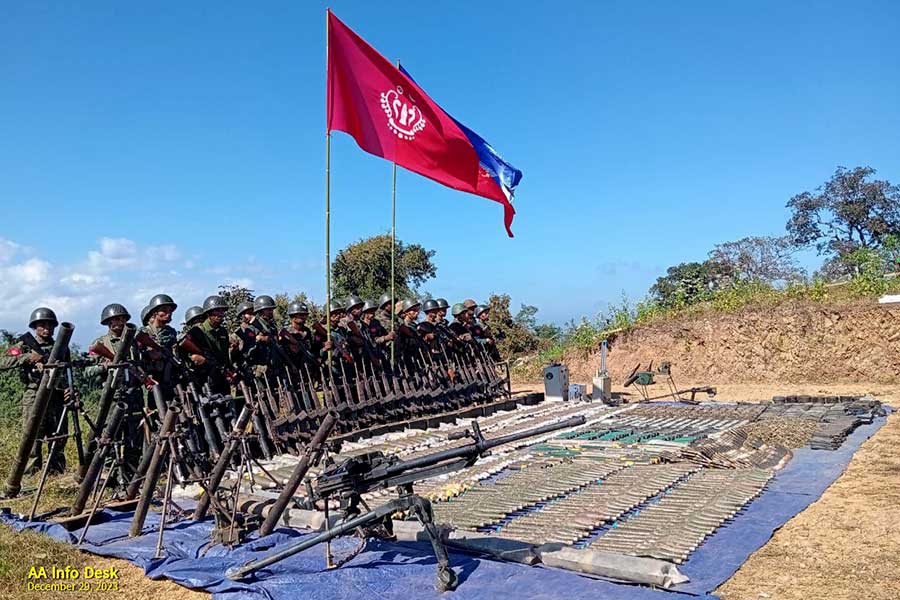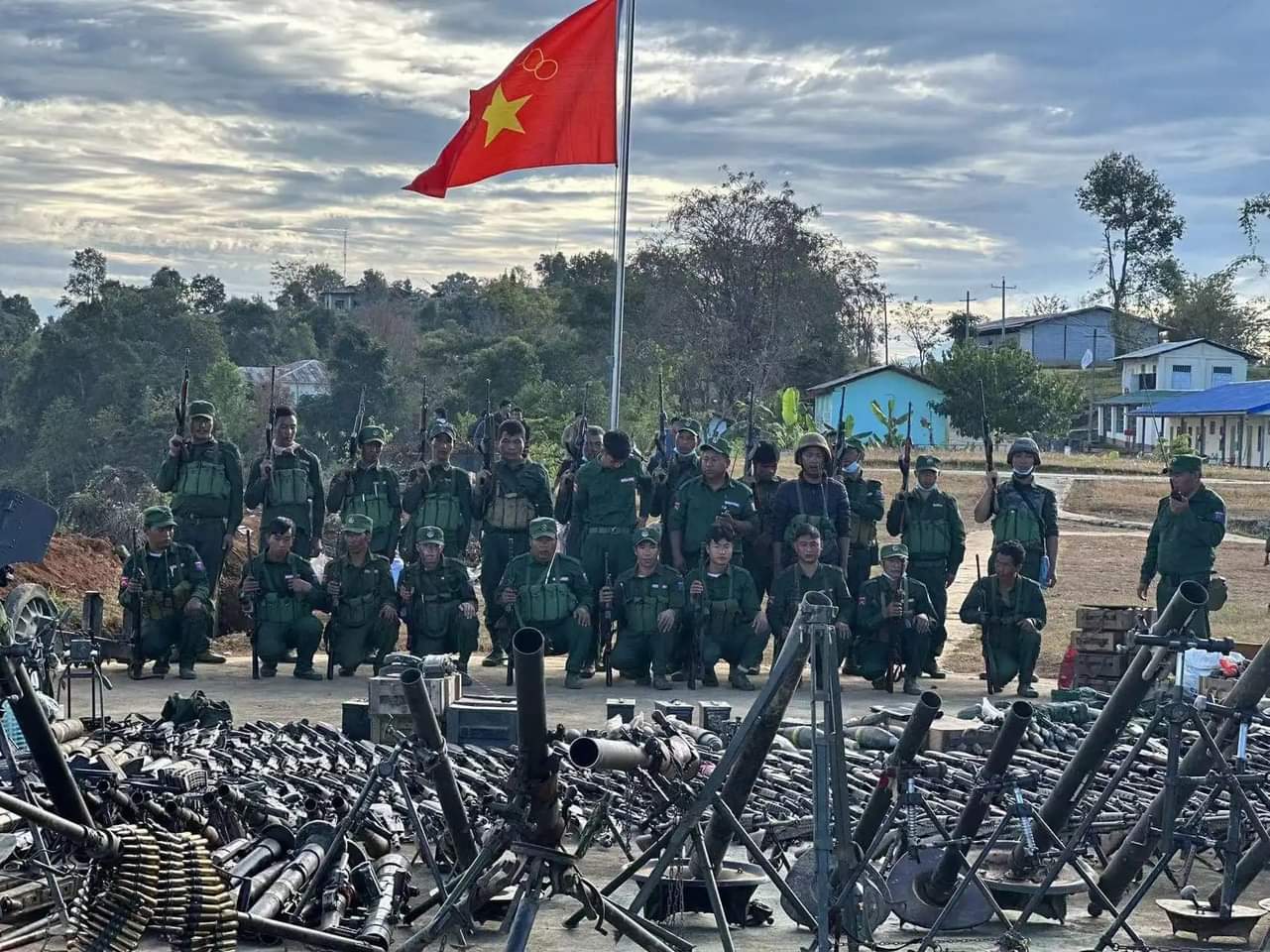
AI models are increasingly being used in agriculture to analyze soil conditions and improve farming practices. Here’s how AI can contribute to soil analysis:
### 1. **Soil Health Assessment** – **Data Collection**: AI utilizes data from soil sensors, satellite imagery, and drones to gather information about soil composition, moisture levels, temperature, pH, and nutrient content.









– **Predictive Analytics**: Machine learning algorithms can analyze historical soil data and correlate it with crop yields, helping farmers understand soil health and its impact on productivity.
### 2. **Precision Agriculture**
– **Site-Specific Management**: AI models can help identify variations in soil conditions across different zones of a field. This allows farmers to apply fertilizers, pesticides, and water more precisely, leading to improved crop performance and minimal waste.
– **Yield Prediction**: By forecasting how different soil conditions affect crop growth, AI can predict potential yields, assisting farmers in planning and resource allocation.
### 3. **Soil Moisture Management**
– **Irrigation Optimization**: AI can analyze data regarding rainfall, evaporation rates, and soil moisture levels to recommend optimal irrigation schedules, leading to water conservation and improved plant health.
### 4. **Nutrient Management**
– **Customized Fertilization Plans**: AI helps in formulating tailored fertilization strategies based on soil nutrient analysis, supporting sustainable agriculture and reducing chemical runoff.
### 5. **Soil Erosion Monitoring**
– **Satellite and Drone Imagery**: AI can process images to detect erosion patterns and assess soil degradation over time, enabling timely interventions to prevent further loss.
### 6. **Pest and Disease Prediction**
– **Soil-Borne Pathogen Detection**: AI models can incorporate soil condition data to forecast the likelihood of pest outbreaks or diseases that may arise due to specific soil conditions.
### 7. **Crop Rotation and Selection**
– **Data-Driven Decisions**: AI can analyze soil health and crop cycles, helping farmers determine the best rotation strategies for crops that will enhance soil fertility.
### 8. **Integration with IoT**
– **Real-Time Monitoring**: Internet of Things (IoT) devices can collect continuous soil data, and AI algorithms can process this information in real time, providing actionable insights for immediate decision-making.
By leveraging these capabilities, farmers can make more informed decisions, increase crop yields, and promote sustainable practices, ultimately contributing to food security and environmental stewardship.

Leave a Reply